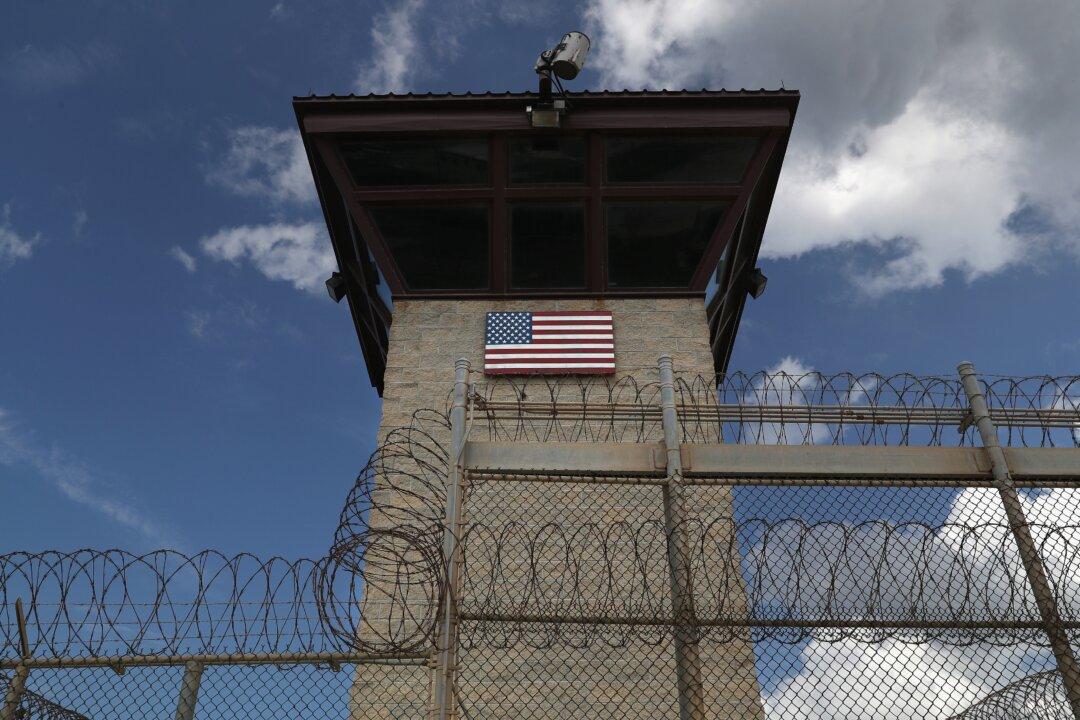Department of Justice (DOJ) attorneys said in court filings on Jan. 31 that evidence extracted by torture is not admissible in military tribunals, reversing a posture that had worried civil libertarians and human rights activists.
The DOJ revealed its stance on torture-derived evidence in filings related to the matter of Abd Al-Rahim Hussein Al-Nashiri, the alleged terrorist mastermind of the 2000 U.S.S. Cole bombing that killed 17 U.S. Navy sailors and injured 37 others. Al-Nashiri has been detained Guantanamo Bay and other military facilities since 2002, while awaiting trial on terrorism charges.




